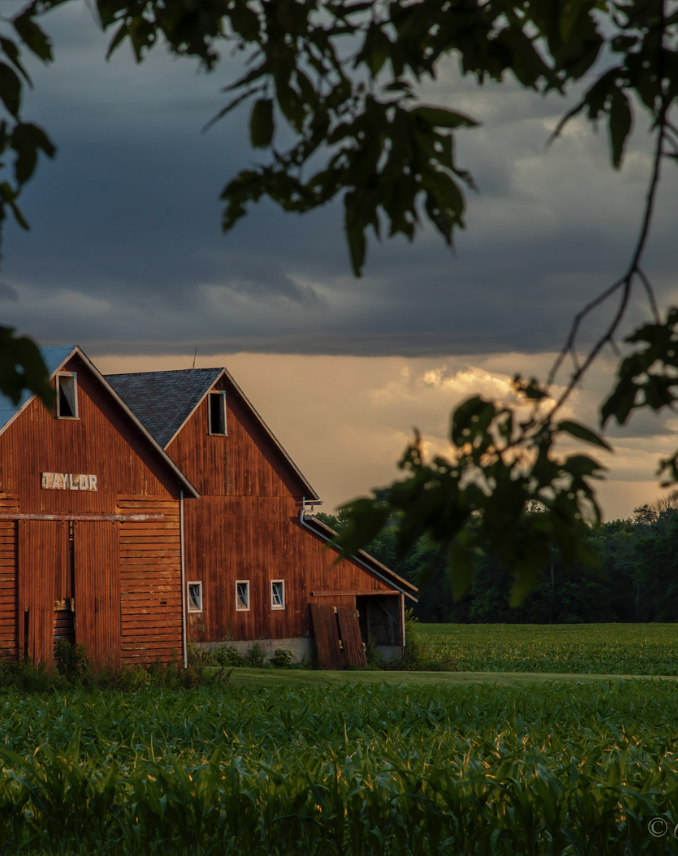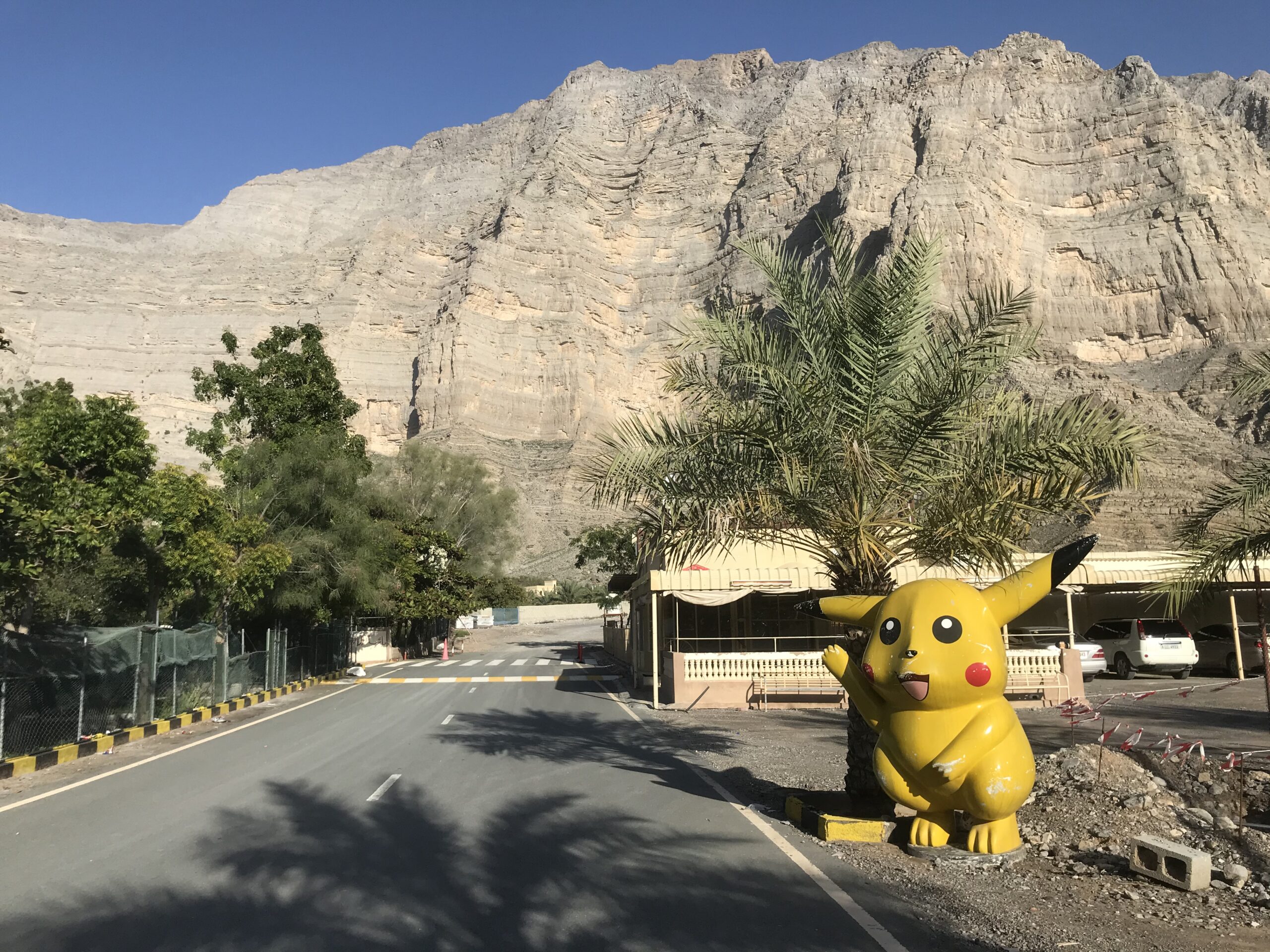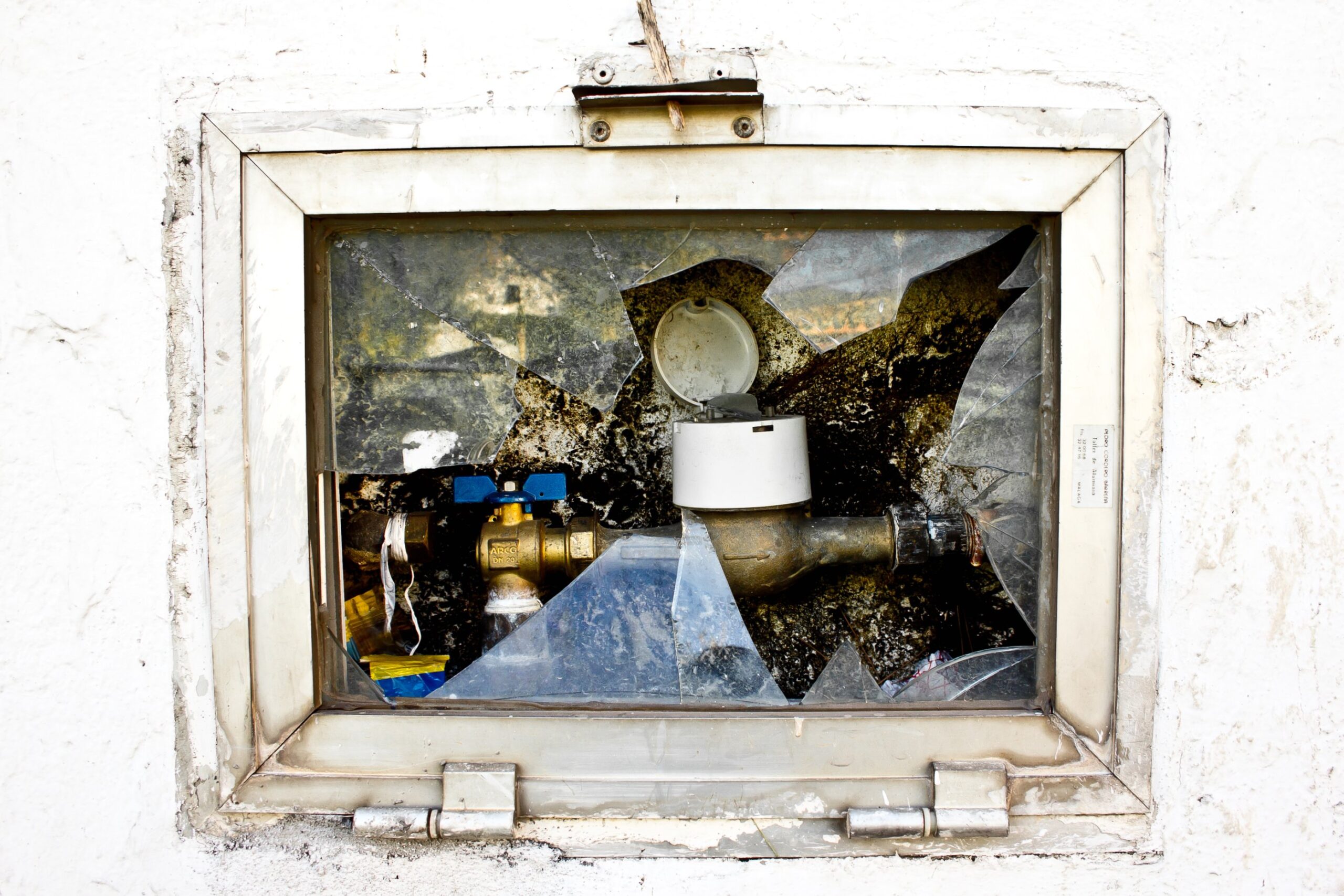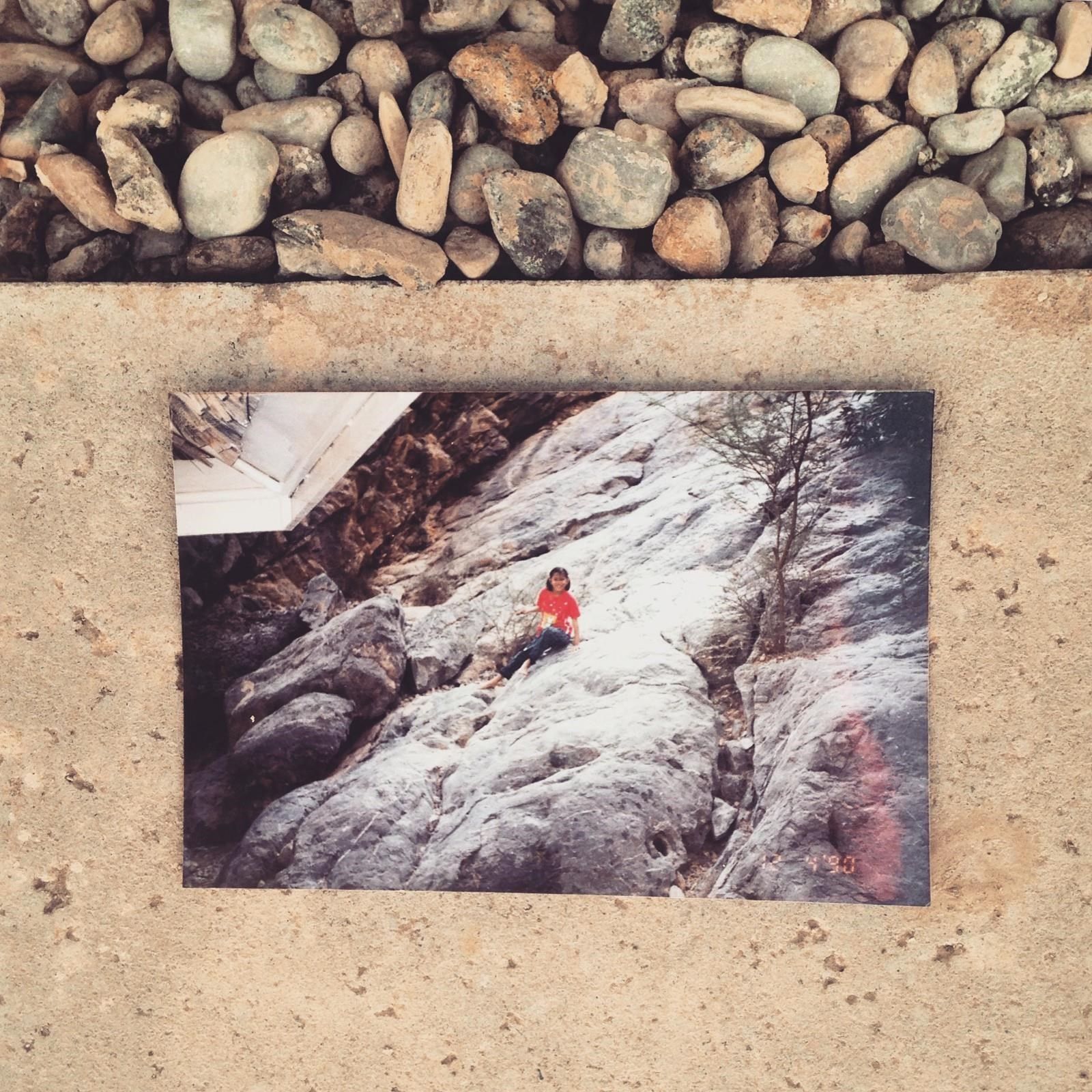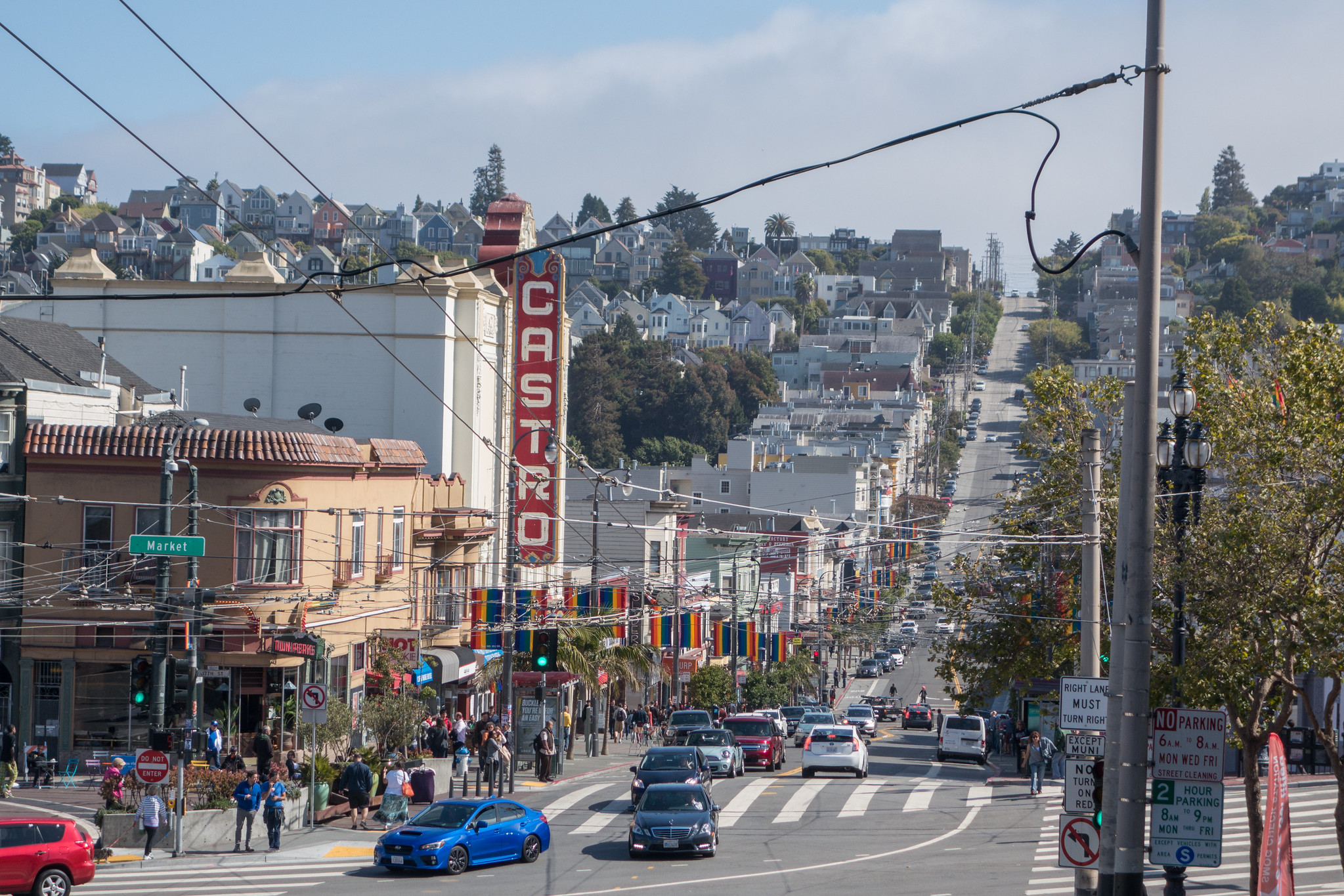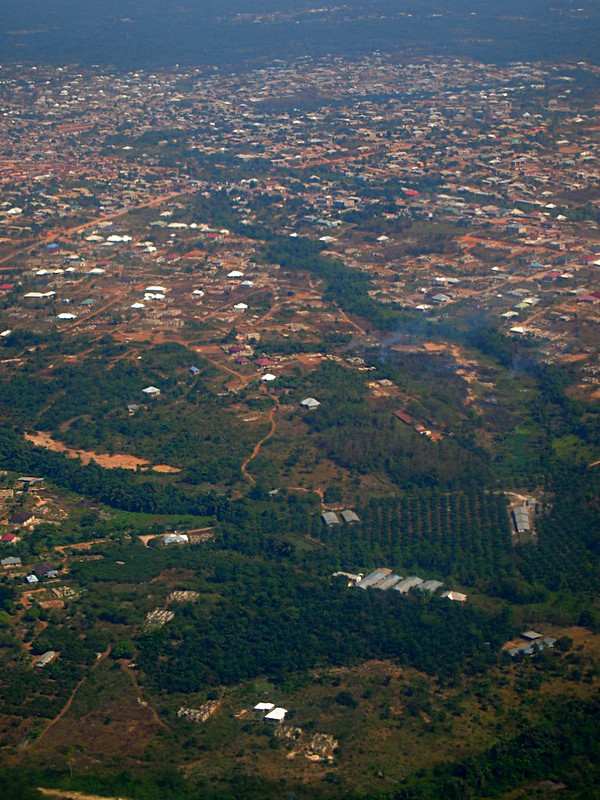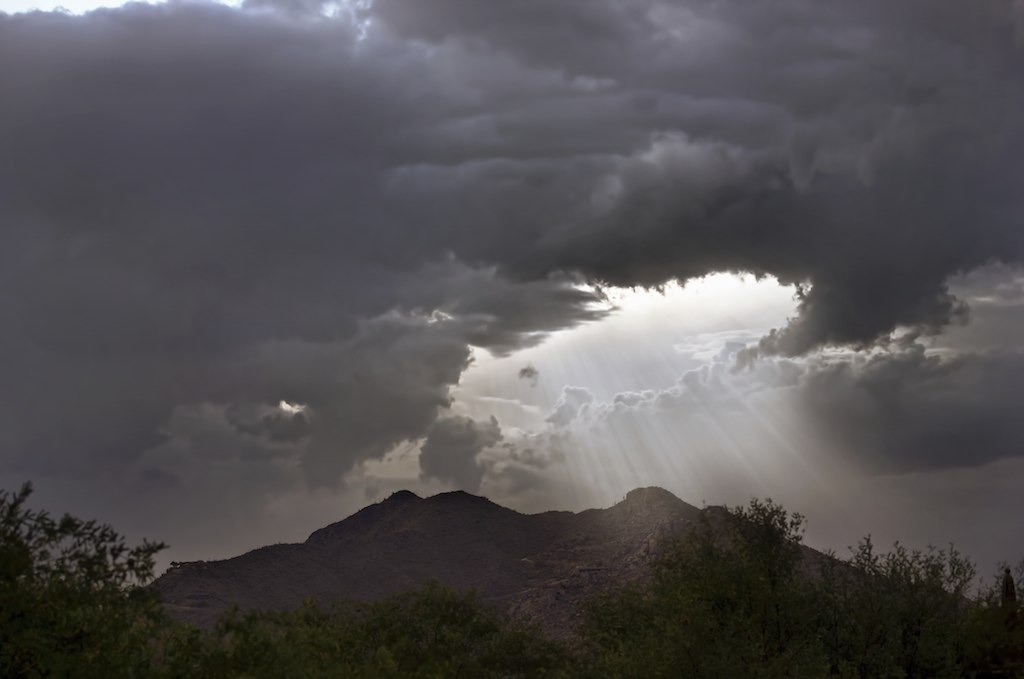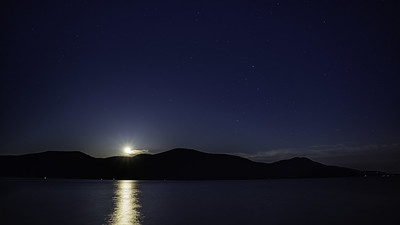BY KWEKU ABIMBOLA
For the three months before I left home,
my father allowed me to cut his hair—
a strange way to apologize
for all those years of being
unclose. But for those three months,
he wanted me to make him presentable.
So I did, every other Saturday afternoon,
standing behind him, as he sat shirtless
on a beige foldaway chair in the master bathroom,
above the sandy whorls of our linoleum floor,
wearing his favorite home khakis.
His usual was the Even Steven:
slick dark Caesar, with a shadow
taper close to his temples,
and above his neck.
I studied how his hair sprouted
in different grains. Especially tufts
that spooled from the birthmark
near his dome.
He chose Saturday afternoons
so we’d have enough time for shearing,
before he rose to Sunday’s pulpit and power.
But all this closeness was just
a parting present, before I left
and grew my hair iridescent; prodigal.
Now even when I’m home,
my father trims his own
hair, and fears mine.
Avoiding the touch of the one who cut
his hair before seven sermons. Including Mama Akua’s
memorial where he preached the whole message
in Akan about our funerary rites,
before giving the altar call in English:
For our people all it takes to enter
Asamando is a cupful of water
for the journey, and tended hair:
a freshly shaved head for men, and new
plaits for women. But saints, I tell you,
to enter heaven you’ll need more, you’ll need—
Dad, if you die before me, I swear
to still give you water.
But Dad, if I die before you, please
just reach into whatever earth’s below my body,
and feed that moisture to me.
Please empty your hands
of all razors, clippers, and blades
before you cup my head.
Bring instead to my pre-burial
some argan and almond oil.
Douse my skull. Take your
hands and comb my hair—
then, plait it. Surprise me, weave my hair
into something terrible. Into the flourish
you fear. Because if you don’t, I’ll know.
If I open my eyes and have nothing
to shelter my scapula and clavicles
from Asamando’s wind, I’ll know.
I know we’ll find ourselves in different
heavens. I’ve chosen the one that requires
only my groundwater, and my mess of hair.
Though we’ll find ourselves in different
heavens, I’ll be haunted by that other eternity
I lived, draped in linoleum and afternoon beige
for three months of summer Saturdays.
Kweku Abimbola is a postgraduate Zell Fellow at the University of Michigan’s Helen Zell Writers’ Program. He is of Gambian, Ghanaian, and Sierra Leonean descent. He is a finalist for the 2021 Brunel International African Poetry Prize and the second-place winner of Furious Flower’s 2020 poetry contest, and has work published and forthcoming in Shade Literary Arts, 20.35 Africa, The Common, Obsidian, SUNU Journal, and elsewhere. Kweku is presently working on his first full-length poetry manuscript, entitled Saltwater Demands a Psalm. His chapbook, Birth Elegies, is forthcoming in May 2022 with Finishing Line Press. You can find him on Twitter: @kwxkuu.
[Purchase Issue 22 here.]
